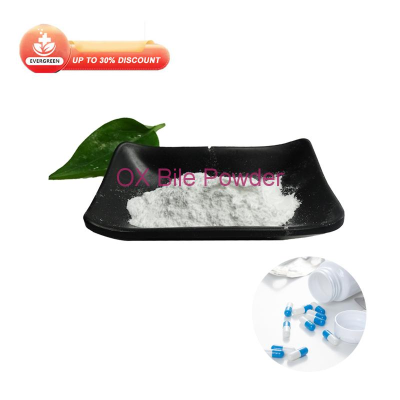-
Categories
-
Pharmaceutical Intermediates
-
Active Pharmaceutical Ingredients
-
Food Additives
- Industrial Coatings
- Agrochemicals
- Dyes and Pigments
- Surfactant
- Flavors and Fragrances
- Chemical Reagents
- Catalyst and Auxiliary
- Natural Products
- Inorganic Chemistry
-
Organic Chemistry
-
Biochemical Engineering
- Analytical Chemistry
- Cosmetic Ingredient
-
Pharmaceutical Intermediates
Promotion
ECHEMI Mall
Wholesale
Weekly Price
Exhibition
News
-
Trade Service
net/tag_11.
html" class="zdbq" title="FAO related food information" target="_blank">FAO ), the increase in foodmate.
net/tag_5027.
html" class="zdbq" title="China related food information" target="_blank">China's foodmate.
net/tag_2319.
html" class="zdbq" title="Corn related food information" target="_blank">corn demand will promote a 7% increase in global corn trade in 2020/21 .
Corn foodmate.
net/tag_227.
html" class="zdbq" title="Export-related food information" target="_blank">exports from Ukraine and foodmate.
net/tag_3725.
html" class="zdbq" title="Brazil-related food information" target="_blank">Brazil will set a record high.
foodmate.
net/tag_227.
html" class="zdbq" title="Export-related food information" target="_blank">
At the same time, global corn ending stocks are expected to decrease due to active corn consumption in countries including China.
In terms of wheat, wheat exports from the European Union and the Black Sea region are expected to grow, coupled with attractive wheat prices, so global wheat trade will stabilize at a high of 184.
5 million tons.
In addition, the increased competitiveness of wheat relative to corn will help boost the growth of wheat feed demand.
5 million tons.
In addition, the increased competitiveness of wheat relative to corn will help boost the growth of wheat feed demand.
Drexler said that global cereal production and exports in 2020/21 will hit a record high.
As for the next year, global wheat production in 2021/22 will continue to grow, reaching a record 778.
8 million tons.
The weather conditions in the main producing countries will be the main variable of concern to the market.
8 million tons.
The weather conditions in the main producing countries will be the main variable of concern to the market.
Global soybean production and consumption in 2020/21 will also resume.
Due to increased demand, the global soybean ending stocks next year will fall to the lowest level in seven years.
Due to increased demand, the global soybean ending stocks next year will fall to the lowest level in seven years.







